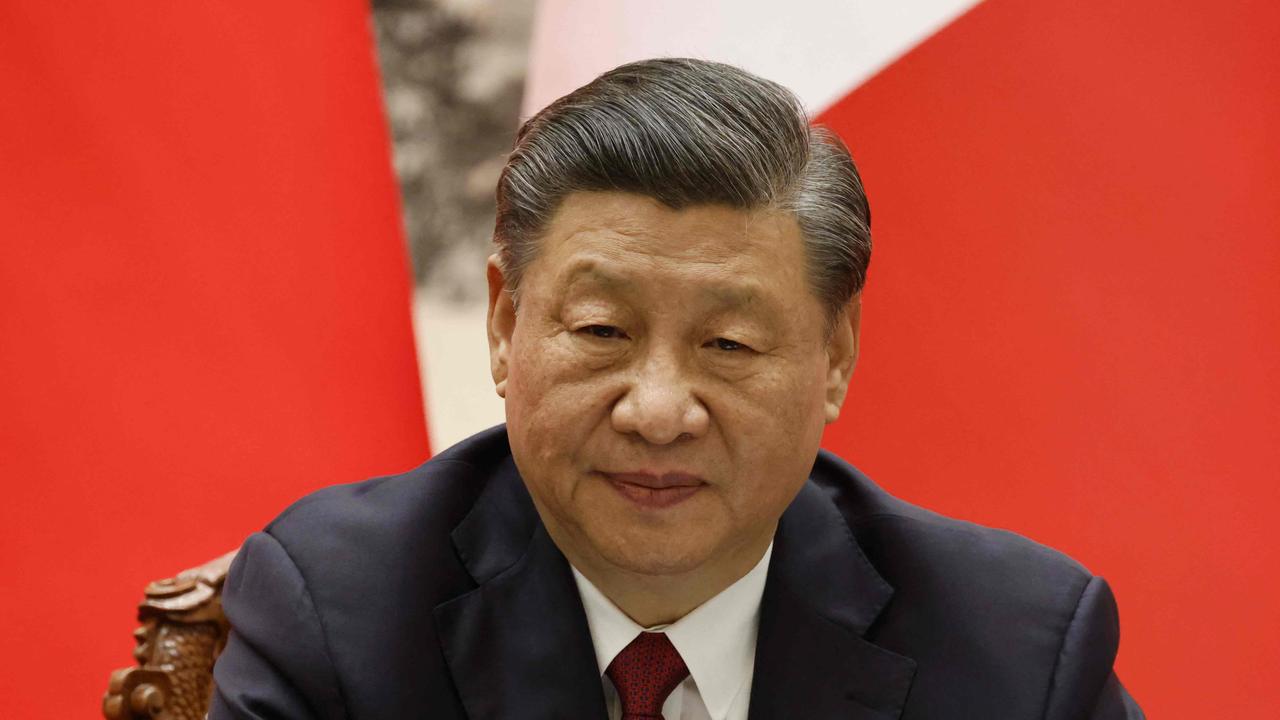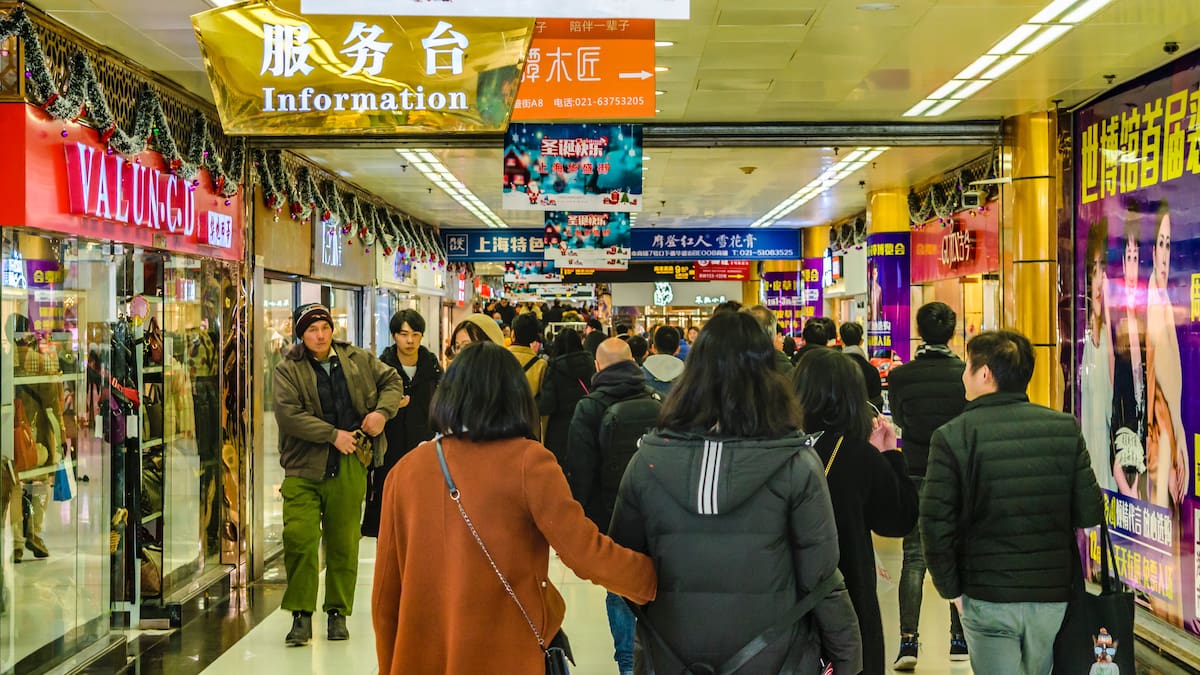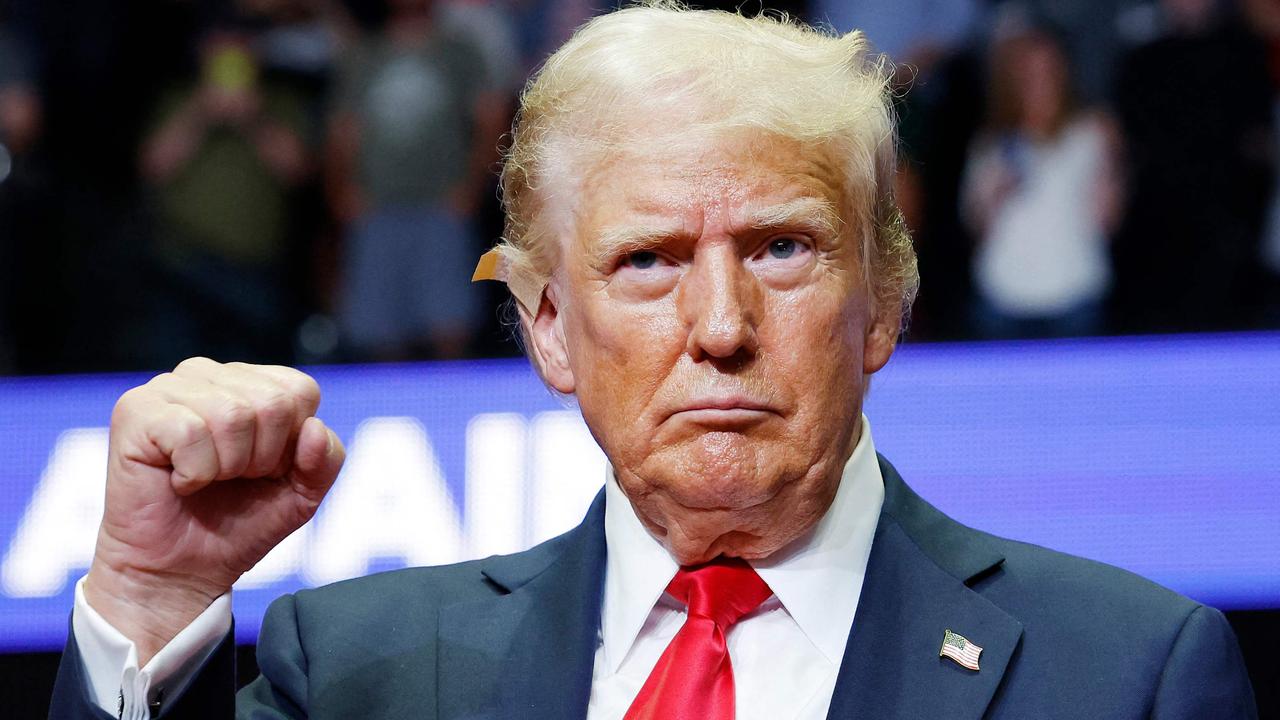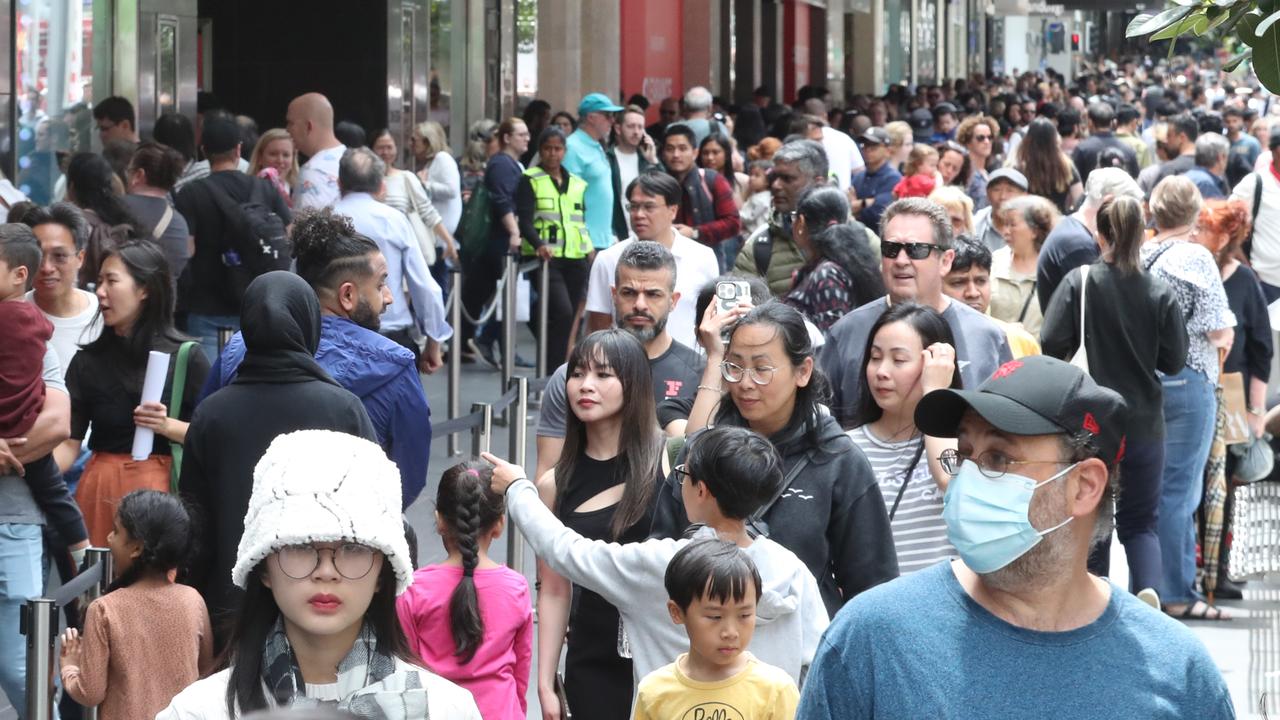The Reserve Bank has sounded the alarm on the fast-deteriorating Chinese economy, warning that its embattled property sector poses a major risk to Australia’s outlook.
China is Australia’s largest trading partner and the world’s second largest economy, but it has faced mounting headwinds in recent months, ultimately sliding into deflation amid concerns of economic contagion from its toxic property sector.
While the Reserve Bank left rates on hold for the third consecutive month at 4.10 per cent on Tuesday, buried in its statement was a fresh warning from China’s increasingly weak economy.
“There is increased uncertainty around the outlook for the Chinese economy due to ongoing stresses in the property market,” the statement read.
Chinese exports slumped by 14.5 per cent in the 12 months to July, the country has now fallen into deflation, foreign investment has slumped to its weakest level since 1998, and youth unemployment has soared to record levels.
China’s largest property developer, Country Garden, which was previously on the brink of collapse has struck a new debt deal, but the country’s crisis-inflicted property market remains overextended after years of unsustainable borrowing.
Services activity in China also expanded at its slowest pace in eight months in August, according to a private-sector survey released on Tuesday, as anaemic demand and lacklustre stimulatory measures failed to revive faltering economic growth
In previous economic downturns the Chinese government has responded with generous stimulus.
But Chinese president Xi Jinping has continued to eschew calls to pump the broader Chinese economy with cheap cash, as the government did during the 2008 global financial crisis.
While the latest measures include lowering existing mortgage rates and providing preferential-loans for first time home buyers in major centres, worries about fragility in the real estate market remain.
Economists have slashed their growth forecasts for the world’s second-largest economy in recent weeks with many analysts now predicting China could miss its official growth target of “around 5.5 per cent”.
NAB economist Ivan Colhoun said weakened conditions in China would see the Reserve Bank continue it’s wait-and-see approach to rates.
“Weaker Chinese growth is also likely helpful for the RBA remaining on hold camp,” Mr Colhoun said.
Commonwealth Bank economist Belinda Allen claimed that as China’s economy lost momentum, key sectors in the Australian economy could also slow.
“Beyond a pullback in commodity prices, a slower domestic Chinese consumer could also see slower tourism and education exports in Australia,” Ms Allen said.
Back in Australia, debate among economists is increasingly turning to when the Reserve Bank will cut rates, rather than increase them.
Ms Allen said she expected the central bank’s next move would be to cut rates.
“Based on our current forecasts for economic activity, prices and the labour market, the RBA could cut the cash rate in March 2024, but the clear risk is a later start date to the easing cycle,” she added.
However, RBC Capital chief economist Su-Lin Ong said while there was “clearly no desire” among RBA board members to hike rates, underlying inflationary pressures and rising wage costs could force the bank to continue hiking rates.
“There’s still a risk that stickier than expected inflation and wage pressures will force the RBA to hike again,” Ms Ong said.
In the RBA statement accompanying the decision, Dr Lowe would not rule out further rate hikes.
“Some further tightening of monetary policy may be required to ensure that inflation returns to target in a reasonable timeframe, but that will continue to depend upon the data and the evolving assessment of risks,” the outgoing governor said.




